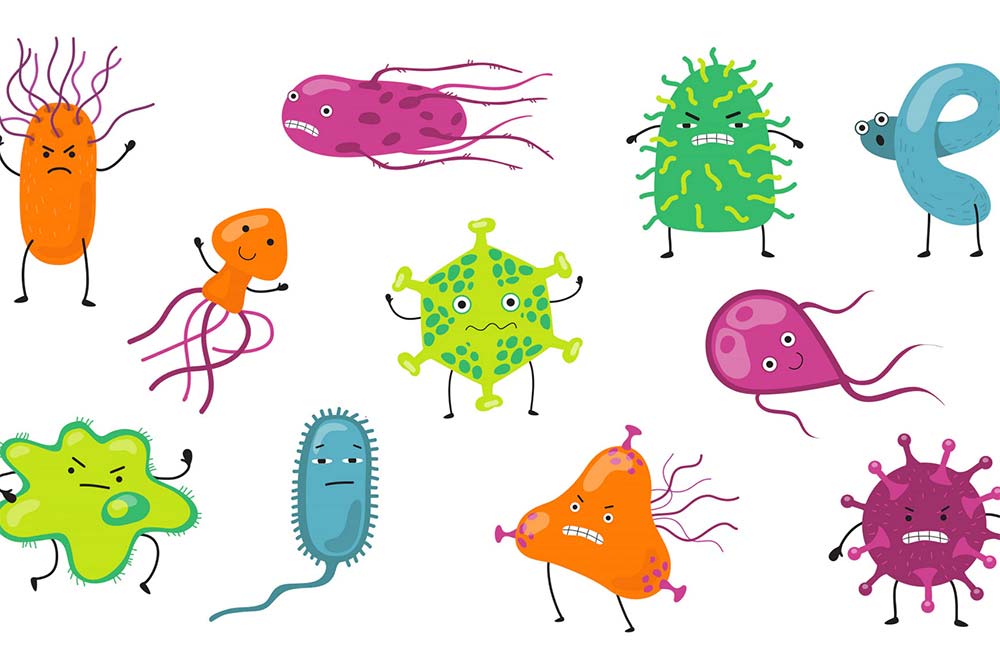We go on our daily lives not having our family’s medical history foremost in our minds – until we are diagnosed with a disease. That’s the only time when we begin to take a look it.
While knowing your family’s history of diseases is important, when it comes to pancreatic cancer, most patients can’t trace it back to any member. The genes linked to hereditary malignancies are still a topic of ongoing research.
Specific conditions may increase your risk of acquiring pancreatic cancer. It has been scientifically established that cigarette smoking, chronic pancreatitis, and family history are risk factors that have biological or genetic ties to pancreatic cancer.
Risk Factors
- Family History
Researchers have discovered potential links between kinship and a higher risk of developing cancer. For instance, the chance of acquiring pancreatic cancer is higher in people with two or more first-degree relatives (parent, sibling, or child) who have had the disease. A person is additionally at risk if they have three or more close relatives (aunts, uncles, or grandparents).
Some inherited genes are linked to a higher chance of developing several cancers. According to the American Cancer Society, hereditary gene mutations that are transferred from parent to child can account for up to 10% of pancreatic cancer cases. For instance, inherited BRCA2 gene mutations raise the risk of pancreatic cancer. Jewish people are more likely to carry this mutation.
- Chronic Pancreatitis
According to scientific studies, excessive alcohol use has been linked to chronic pancreatitis (inflammation of the pancreas). Inflammatory cells release growth factors and toxins when there is inflammation. These growth hormones and toxins lead to genetic damage and the unchecked proliferation of pancreatic cells over many years of persistent pancreatic inflammation. The result could be pancreatic cancer. It’s crucial to remember that having chronic pancreatitis takes a long time before your risk of getting pancreatic cancer increases.
The level of alcohol consumption that causes chronic pancreatitis is unknown. According to the American Cancer Society, women should limit their alcohol consumption to one drink per day, while men should limit their consumption to two drinks per day. However, long-term heavy alcohol consumption has been associated with both pancreatic cancer and chronic pancreatitis.
- Smoking Cigarettes
Pancreatic cancer is twice as common in cigarette smokers than in non-smokers. Raising your risk includes using cigars, pipes, and smokeless tobacco products.
The following are additional risk factors for pancreatic cancer:
- Race – Compared to whites, Asians, and Hispanics, African Americans had a higher prevalence of pancreatic cancer.
- Age – Pancreatic cancer typically strikes people between 60 and 80.
- Gender – Men are more likely than women to have pancreatic cancer.
- Exposure to industrial chemicals – Chemicals used in metalworking and dry cleaning may expose workers to too much risk of developing pancreatic cancer.
- Diet – Eating too much red and processed meat may make you more likely to get pancreatic cancer. A few studies have hinted that soft drinks and pancreatic cancer may be related, but much more research is required to clarify and validate this association. To encourage a healthy lifestyle and prevent numerous ailments, including obesity and diabetes, most health professionals advise against consuming excessive amounts of high-calorie soft drinks.
- Diabetes – Some studies have linked pancreatic cancer to type 2 diabetes, which occurs when the hormone insulin does not work as well to process sugars in the body.
- Pancreatic cystic tumors – Depending on where they are located inside the pancreas, pancreatic cysts (also known as intraductal papillary mucinous neoplasms) may develop into pre-cancerous or cancerous tumors.
- Bacterial infections – Helicobacter pylori, usually known as H. pylori, is a common bacterium that results in stomach ulcers and inflammations. Higher risks for pancreatic and stomach cancers are more likely because of H. pylori infections. The chance of getting pancreatic cancer is lower than the risk of getting stomach cancer.
- Hepatitis B virus – The liver is where hepatitis viruses attack. According to one study, patients with pancreatic cancer had a history of hepatitis B twice as frequently as those without the disease. To find out more about this connection, researchers should conduct more studies.
A risk factor is anything that raises a person’s chance of getting cancer. Although risk factors frequently affect how cancer develops, the majority do not really cause cancer. While some people with one or more risk factors for cancer may never get it, others with no known risk factors do. Making better-educated decisions regarding your lifestyle and medical care may be aided by being aware of your risk factors and discussing them with your doctor and medical team.
The best long-term patient outcomes are possible with early detection and prevention of any cancer or malignancy. Since there is no standard screening procedure for the general public, researchers in clinical trials for pancreatic cancer are still looking for solutions. Seek these clinical trials for more informed choices and the best options available.
